Black Students Are Still Experiencing Pandemic Trauma
Share
Explore Our Galleries
Breaking News!
Today's news and culture by Black and other reporters in the Black and mainstream media.
Ways to Support ABHM?
By Maya Pottiger, Word in Black
Black parents were the most likely to report their K-12-aged children’s mental well-being has not improved from the negative toll the pandemic took. Dr. Terence Fitzgerald discusses why this is and potential solutions.
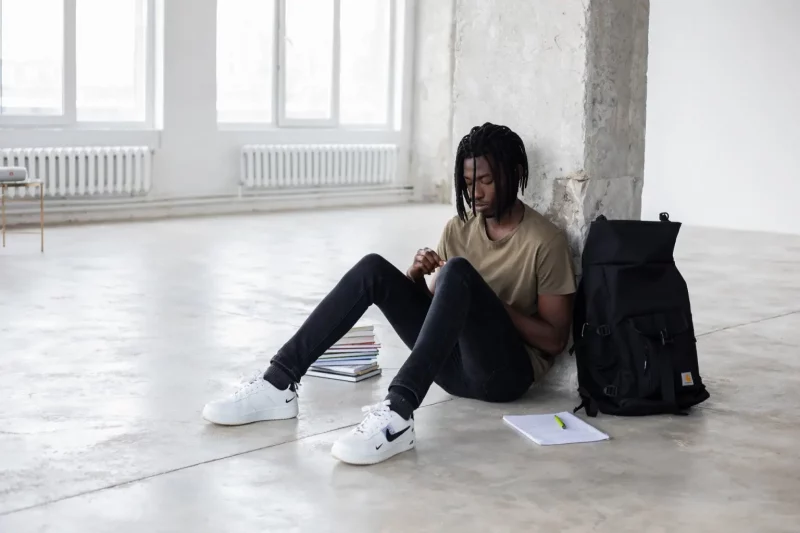
People aren’t rubber bands.
Even as kids attend school in-person full-time again and life slowly returns to normal, they aren’t going to snap back to who they were and how they felt before the COVID-19 pandemic. It had a deep and lasting impact on everyone, especially Black families and Black children, that we are still learning about, says Dr. Terence Fitzgerald, an internal consultant with the National Council for Mental Wellbeing.
And one of the keys to understanding these impacts and finding solutions is acknowledging the important variables that we like to ignore, Fitzgerald says, like race, gender, and class, which all play a role in a person’s identity.
“We have to be able to take race into consideration more often as we think about solutions versus these universal solutions that we think apply to every child,” Fitzgerald says. “That does a disservice to children, and it also ignores their pain.”
Unfortunately, many students are behind because of COVID-19.


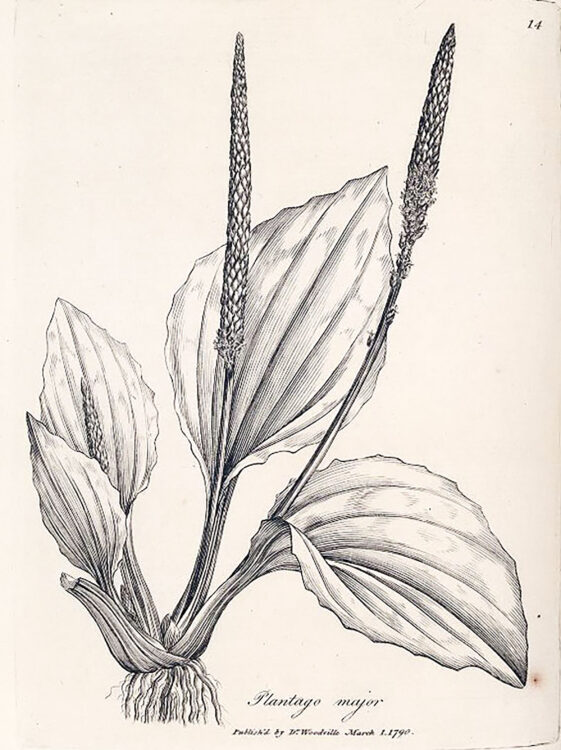
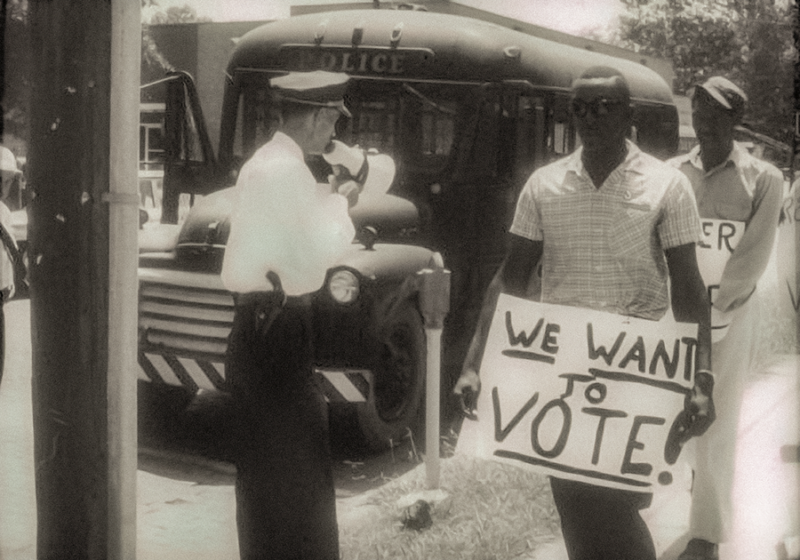
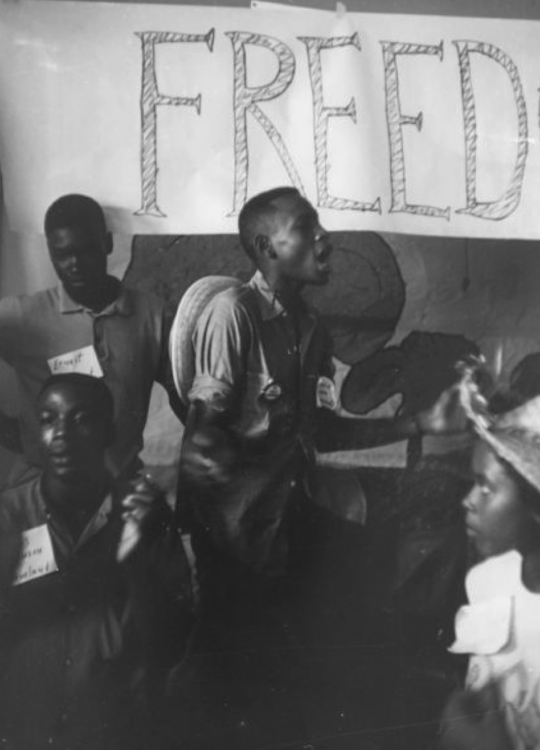
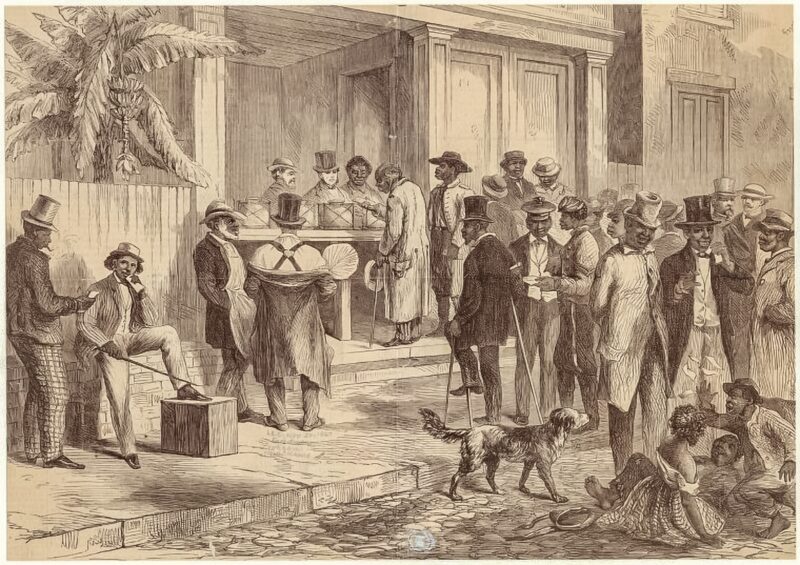
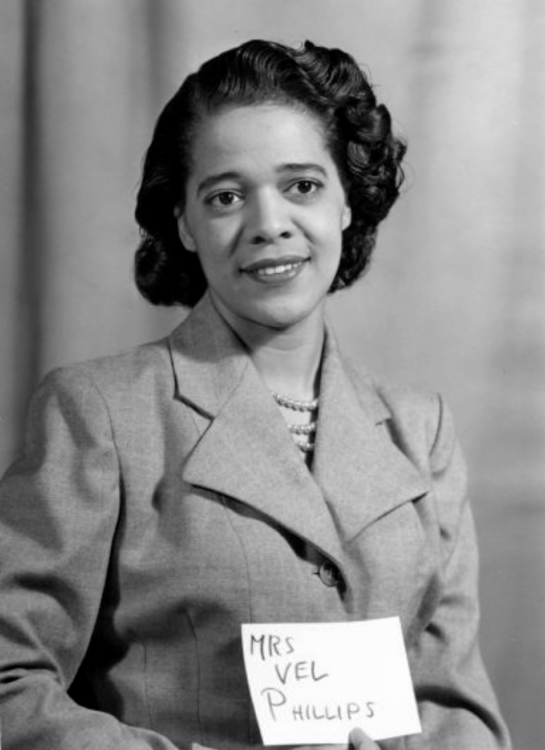
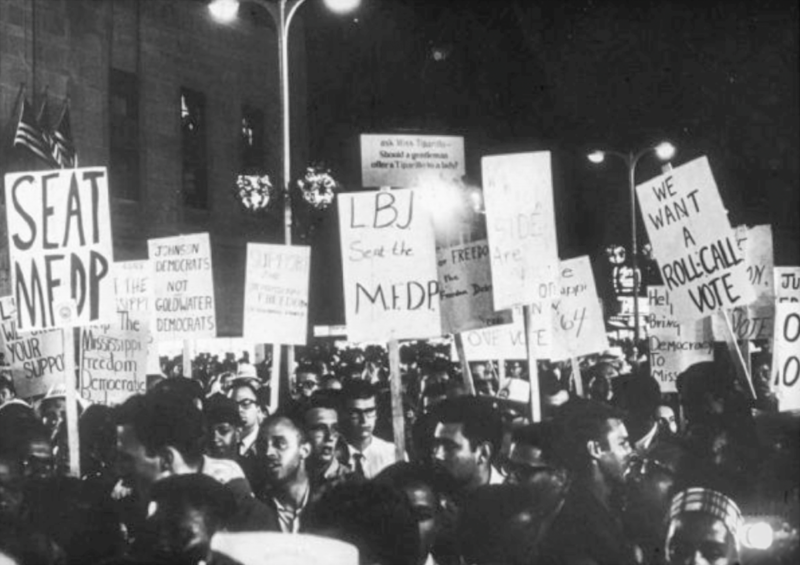
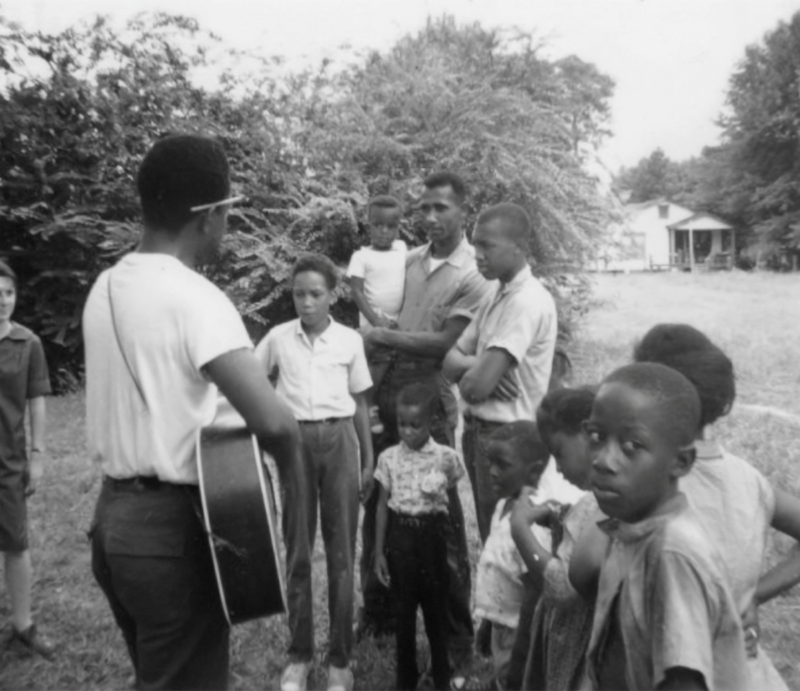
Comments Are Welcome
Note: We moderate submissions in order to create a space for meaningful dialogue, a space where museum visitors – adults and youth –– can exchange informed, thoughtful, and relevant comments that add value to our exhibits.
Racial slurs, personal attacks, obscenity, profanity, and SHOUTING do not meet the above standard. Such comments are posted in the exhibit Hateful Speech. Commercial promotions, impersonations, and incoherent comments likewise fail to meet our goals, so will not be posted. Submissions longer than 120 words will be shortened.
See our full Comments Policy here.